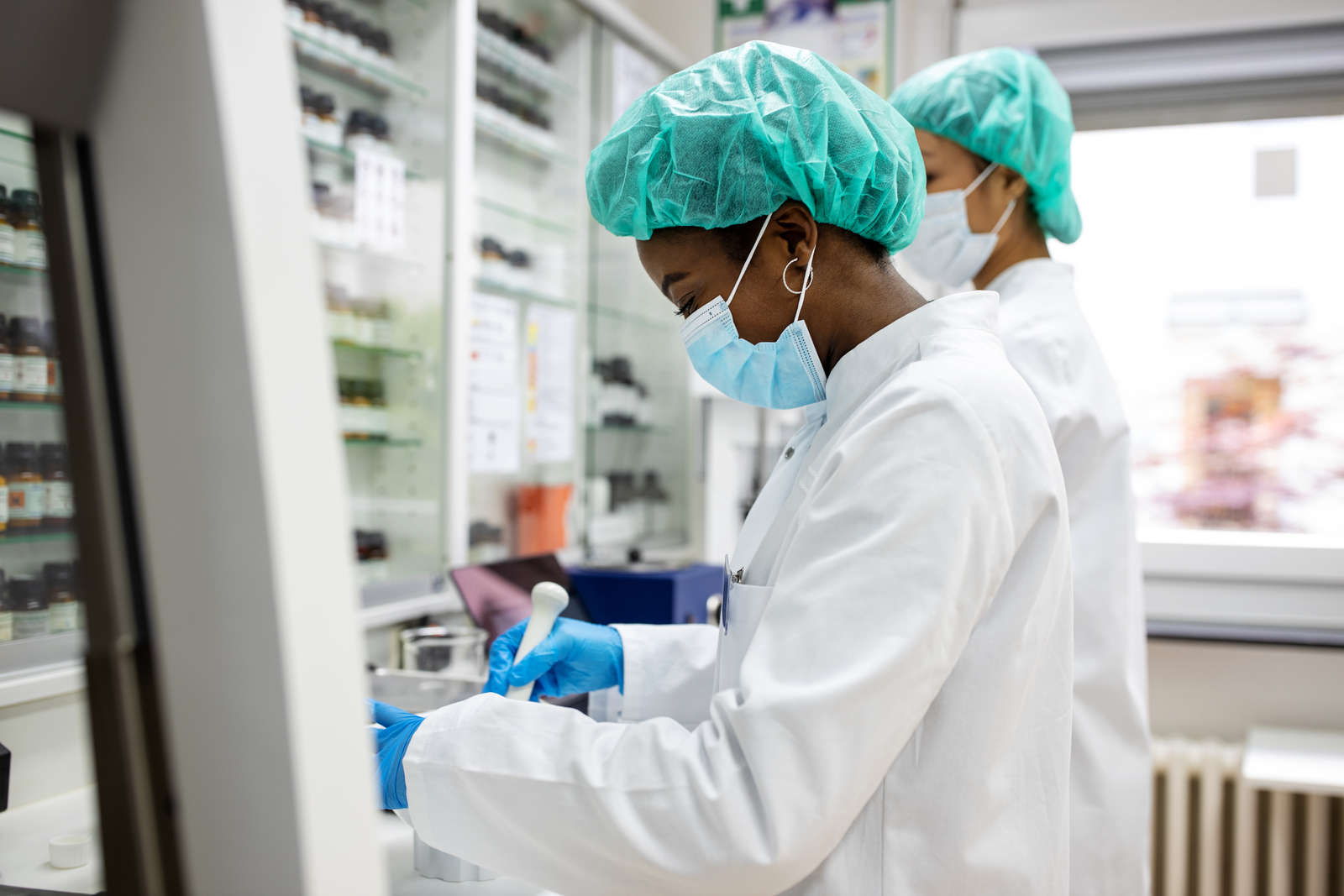Sustainability Award

PwC partnered with GSK to develop a comprehensive strategy for reducing heat-related Scope 3 emissions, aiming for a 40–70% reduction by 2030 as part of GSK’s goal to cut total carbon emissions by 80%, while creating a blueprint for similar organizations to tackle climate change effectively.
To help tackle climate change, GSK set an ambitious goal of reducing its total carbon emissions by 80% by 2030. Reducing indirect emissions from its suppliers (Scope 3 Category 1) would significantly contribute to achieving that goal. Specifically, GSK aimed to reduce heat-related emissions, which constitute a high percentage of its Scope 3 emissions. Given the complexity of GSK’s global supply chain, understanding and reducing suppliers’ emissions would be a challenge.
To address this, GSK engaged PwC to help understand its Scope 3 emissions patterns, identify suitable decarbonisation options, and develop a strategy for collaborating with suppliers to help achieve these reductions. The programme would deliver a supplier engagement strategy and roadmap to enable GSK to achieve a 40–70% reduction in heat-related Scope 3 emissions by 2030.
This challenge required a rare breadth of expertise, and the PwC team combined specialists in engineering, heat reduction, operations, procurement and supply chain with expertise in analysing data, developing business cases and engaging stakeholders.
By closely analysing GSK’s procurement data, the team traced the flows of services and physical products through the whole supply chain to identify the primary drivers of heat-related emissions by supplier tiers, categories and locations. These insights provided a broad map of where emissions were occurring in the supply chain, down to the specific activities within individual suppliers. This knowledge enabled GSK to shape its engagement with direct, Tier 1 suppliers, and identify where changes were needed further upstream in the supply chain.
The second stage was to identify where action would have the greatest impact by identifying suppliers most likely to benefit from collaborating with GSK to reduction emissions. These insights led to detailed recommendations about how to pursue collaborations with these suppliers, and decarbonise their heat-related activities.
Once the most effective targets for intervention were identified, PwC’s engineering specialists turned to finding the right technologies, and examined the technical and commercial feasibility of heat decarbonisation options taking into account factors such as technology maturity, supply chain readiness, regional policies and unit economics. Given GSK’s global supply base it was important to ensure that decarbonisation options were appropriate to the needs and constraints of different regions.
Finally, to establish how those interventions could be deployed by the target suppliers, the team developed a detailed engagement strategy. This strategy equipped GSK to collaborate with, and influence its suppliers, driving both short-term decarbonisation measures and long-term sustainable outcomes throughout the supply chain.
PwC has effectively positioned GSK on the path to achieving its target for reducing heat-related Scope 3 emissions. This innovative work provides a blueprint for supporting future Scope 3 efforts by similarly large and complex organisations. Most importantly, the project has established a precedent and a method for global companies to contribute significantly to improving the planet’s climate.
View the PwC profile in the MCA Members Directory.

